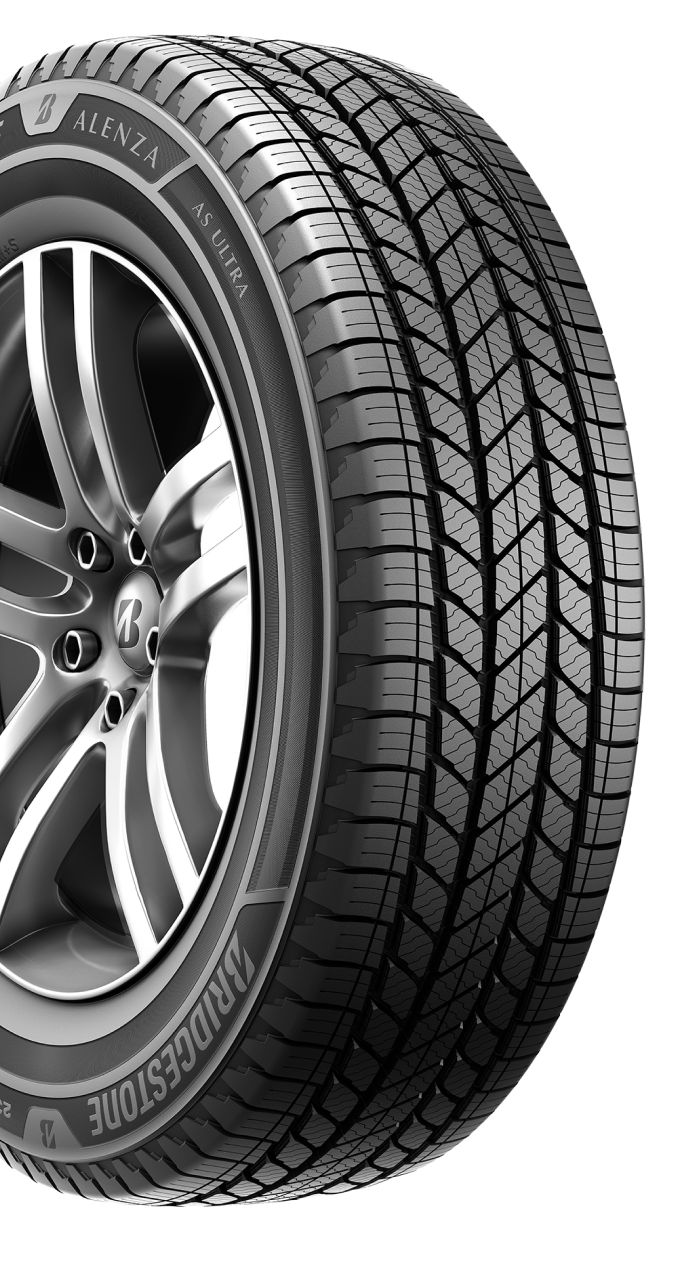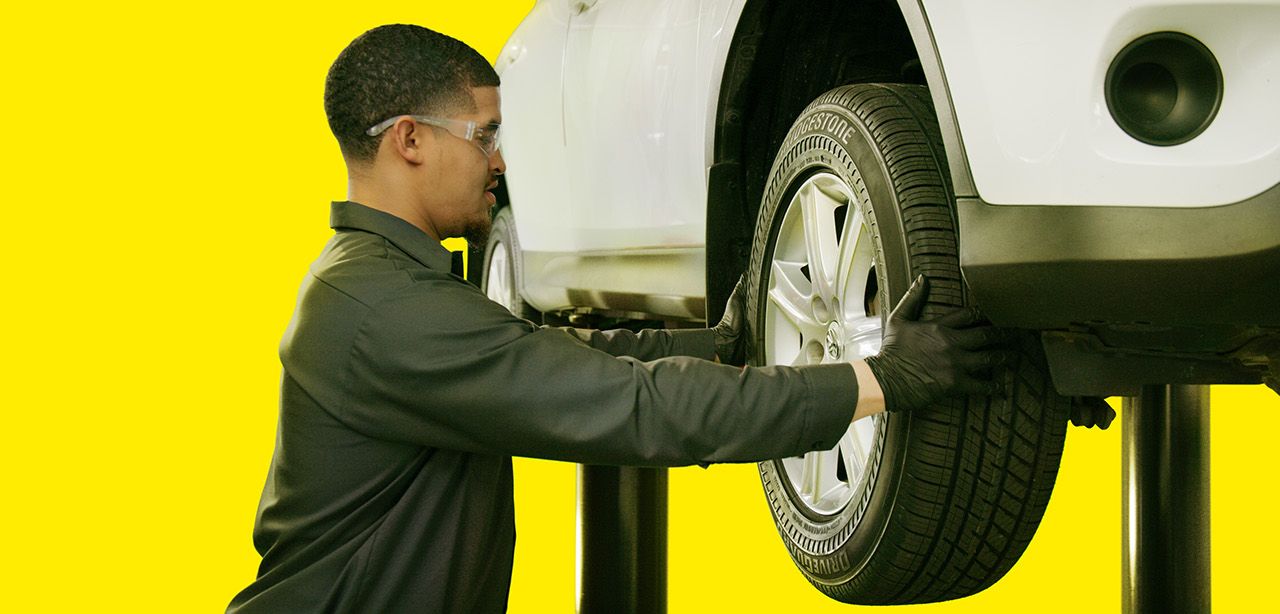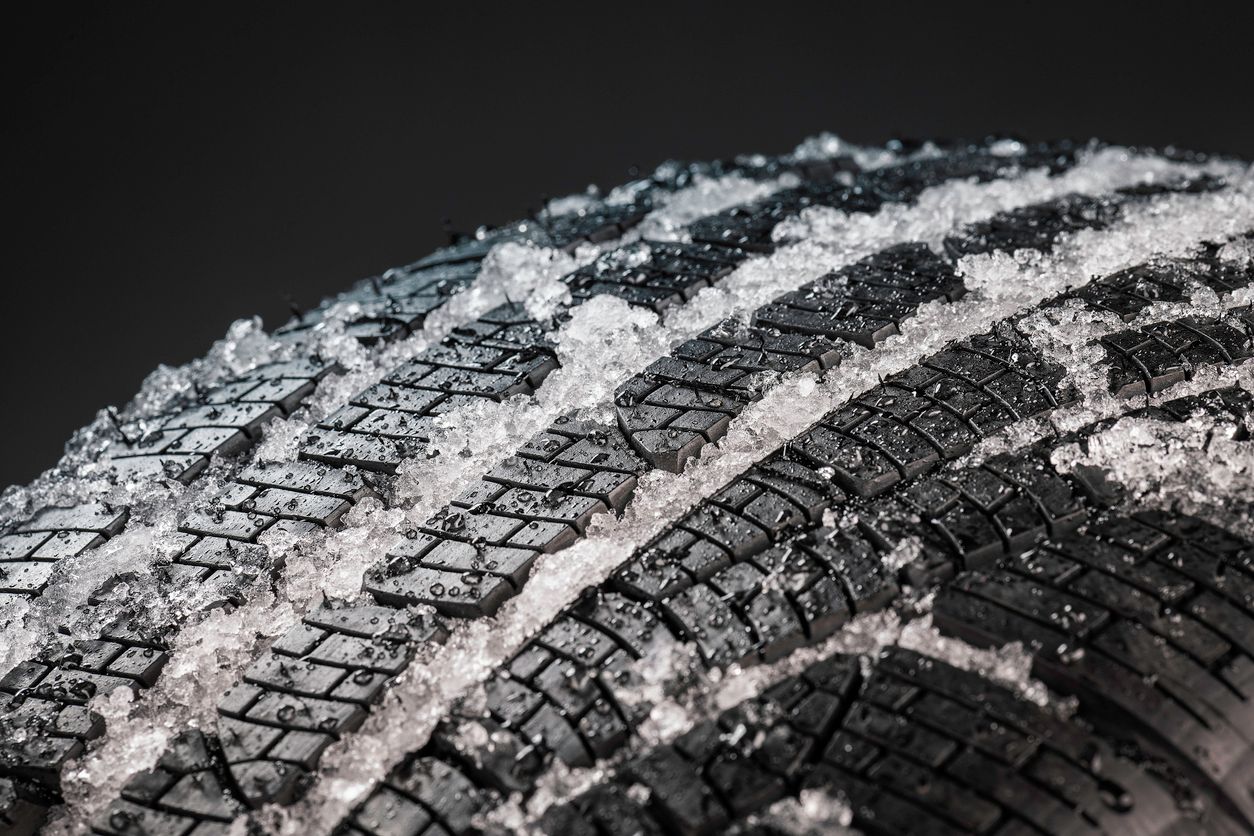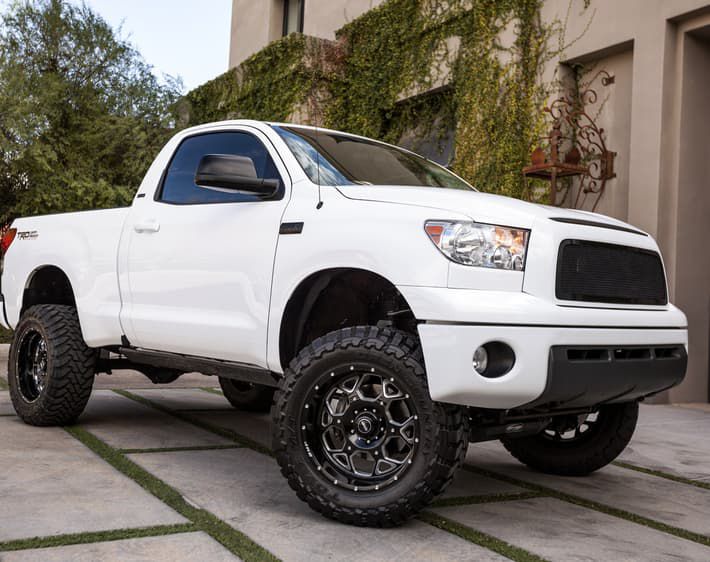
Did Your Electric Car Run Out Of Battery?
Low charge, high stress? If your electric vehicle runs out of juice, don’t panic. Learn what happens next and how to stay powered up for stress-free travels.
Read More
Dashboard warning lights are how your car communicates when something’s not right with your vehicle. So, it can be frustrating when your TPMS (Tire Pressure Monitor System) warning light stays on regularly, even after inflating tires to the right PSI. If it’s not a sensor issue, you may have a slow leak deflating your tire. We’ll talk you through what a slow leak is and how to identify the signs of a slow leak in a car tire.
Getting new tires for your car is one of the easiest ways to keep your car running newer, longer. We should know – Firestone’s 113-year legacy in the tire industry makes us experts. But we’re more than just experts in tires – we're the complete package for auto repair. With our 87 years of service experience, we are your source for tune-ups, oil changes, brakes, wheel alignment, car batteries – you name it.
So look around. Shop our full line-up of Firestone, Bridgestone and Primewell tires for most driving styles and vehicle types. See your recommended maintenance schedule, find a nearby store or schedule an appointment – even at night or on weekends at most stores. Then, consider your ride renewed.

A slow leak is exactly what it sounds like. It is when air steadily escapes your tires through a hole or gap in the fit of your tire. Unless you can stop air from escaping, a tire with a slow leak will always have low tire pressure after some time. Consistently low tire pressure has real consequences, because when tires have low air, they can overheat and even cause a tire blowout. That means the longer you drive around on tires with a slow leak, the more damage you can cause to your vehicle.
Luckily, this can be avoided when you pay attention to warning signs that point to tire issues. Here’s how to spot the signs of a car tire slow leak:

When it comes to age, most tire manufacturers recommend replacing tires after 10 years. If your tire age is getting up there, you have a higher risk of your tire developing a slow leak. Over time the tread of your tire will wear down. If it’s a case of wear and age, your best solution is to replace the tires.
The valve stem is the opening on a wheel you use to inflate or release air from a tire. When it comes to a slow leak, the main parts you should be concerned with are the valve stem core and the valve stem cap. Over time, these parts can corrode or get blocked with debris. You can keep valve stems from being a leakage point by getting them replaced each time you buy a new set of tires for your vehicle.
Tires are designed to handle all sorts of road conditions, but rough terrain and sharp objects can make an impression over time. Objects like rubble and rocks to nails and screws can either get embedded in your tire or make tiny holes through the tire rubber that cause a slow leak.
If your tires happen to get punctured, do you need to replace them? Not necessarily. If the punctures are under ¼ inches, it is possible to get your tire patched and repaired in most cases.
We all cringe when we hit a rough patch of road. Sinking into a pothole or hitting a curb wrong can do just enough damage to your wheel rim to cause a slow leak. Any bending can ruin the seal between your wheel rim and actual tire and let air escape. Sometimes the wheel can develop a small crack as a result from pothole damage causing a slow leak.
Take a close look where the edge of your rubber tire and metal wheel rim meets. This joining area is called the bead. When your tire is properly inflated, the tire bead is seated flush on the bead portion of the rim. Although the bead is hidden from view, it can be easy to identify leaks from this area with soapy water. Contaminants trapped in this area can cause a slow leak.

Stopping a slow leak starts with identifying the source of the problem. A place to start is to look for the signs we’ve outlined above. If you are still having trouble, a good DIY method to narrow down suspects is the soap water method. You can use this method at home by following these steps:
Want to stop a slow leak for good? Our expert tire technicians can help. At Tires Plus we will thoroughly inspect your vehicle to get to the root of the problem. Whether you need a slow leak fixed or other auto repair services, visit your nearest Tires Plus for all your tires needs.

Low charge, high stress? If your electric vehicle runs out of juice, don’t panic. Learn what happens next and how to stay powered up for stress-free travels.

Should you equip your car with winter tires this season? Learn why you may need them, the best time to switch, and get recommendations for winter tires here.

Can I use bigger tires on my car? Discover the pros, cons, and impacts on fuel and handling. Visit Tires Plus for expert advice on your tire upgrade!